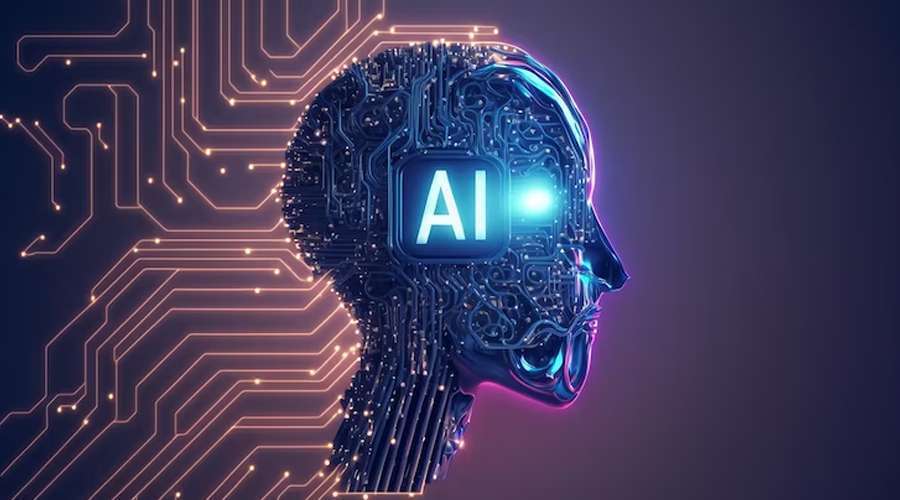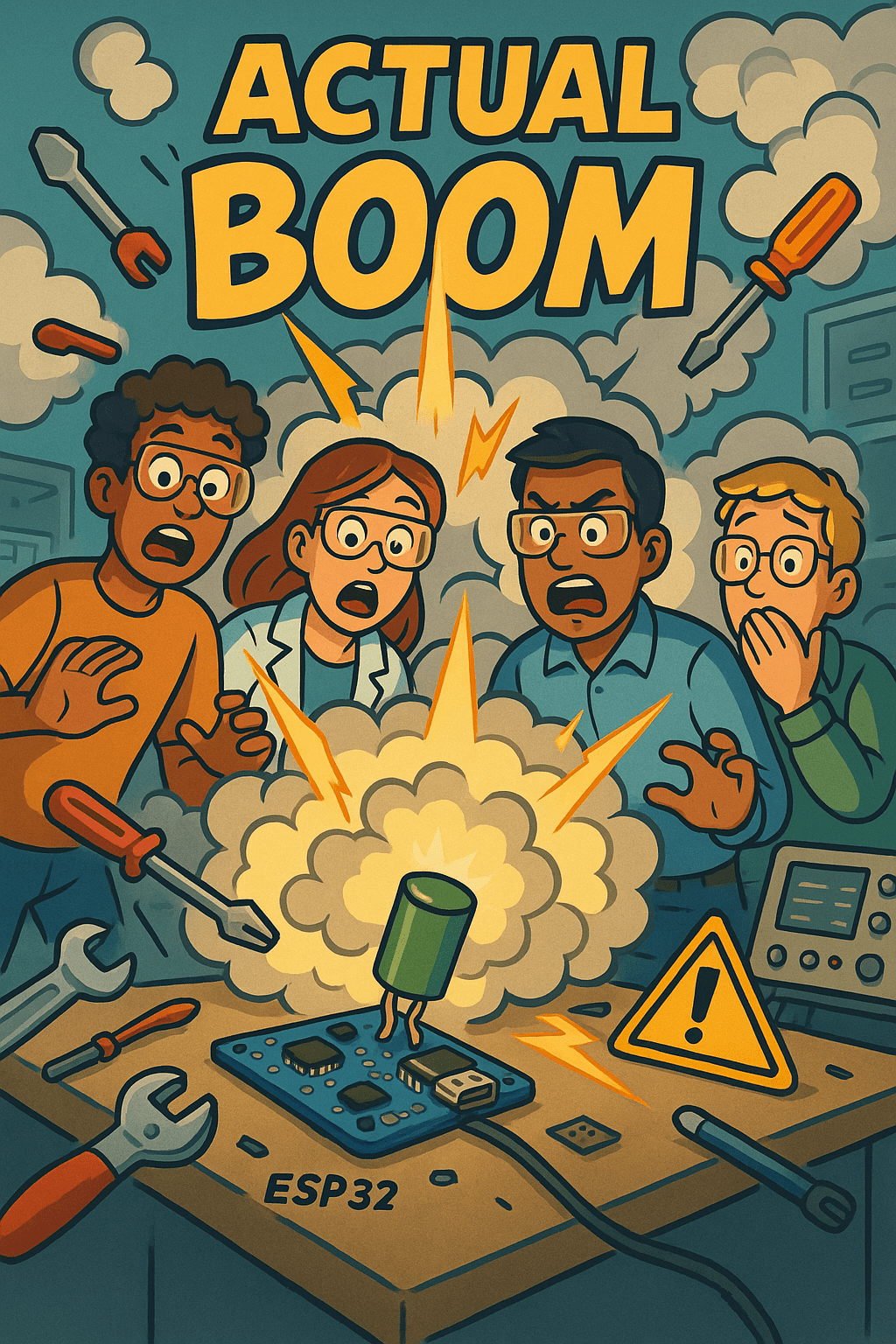'The AI And The AI Future' by AI

"The AI and the AI Future" is a groundbreaking book that explores the current state of Artificial Intelligence (AI) and delves into its potential impact on the future of humanity. Authored by leading experts in the field of AI, the book provides a comprehensive and accessible overview of the technology's history, capabilities, and ethical implications.
The book delves into various aspects of AI, including machine learning, natural language processing, robotics, and computer vision, demonstrating how these technologies are revolutionizing industries and reshaping our daily lives. It discusses the benefits of AI, such as increased efficiency, improved healthcare, and enhanced personalization, while also addressing the concerns surrounding privacy, job displacement, and AI's potential to outpace human understanding.
"The AI and the AI Future" takes a balanced approach, presenting both the opportunities and challenges that AI presents. It discusses the importance of responsible AI development, addressing bias and transparency, and ensuring that AI aligns with human values and ethical standards.
The book also speculates on the future implications of AI, exploring scenarios such as superintelligent AI, the singularity, and the potential coexistence between humans and AI systems. It invites readers to contemplate the societal, economic, and philosophical questions raised by the rapid advancement of AI technology.
Overall, "The AI and the AI Future" serves as an essential guide for anyone interested in understanding the current AI landscape and its potential implications on society, urging us to approach AI development thoughtfully to shape a positive and inclusive AI-driven future.
How AI helpful and dangerous to future
AI can be both incredibly helpful and potentially dangerous to the future, depending on how it is developed, deployed, and controlled. Here's an overview of the benefits and risks associated with AI:
Helpful Aspects of AI:
- Automation and Efficiency: AI can automate repetitive tasks, streamline processes, and enhance productivity across various industries. This leads to increased efficiency, reduced costs, and more time for humans to focus on creative and complex problem-solving.
- Healthcare Advancements: AI has the potential to revolutionize healthcare by assisting in medical diagnosis, drug discovery, personalized treatments, and remote patient monitoring. This could lead to better patient outcomes and improved access to healthcare services.
- Safety and Disaster Response: AI-powered systems can enhance safety by monitoring and predicting potential hazards, managing traffic, and aiding in disaster response efforts. For example, AI-driven robots can be deployed in hazardous environments, reducing risks to human lives.
- Personalization: AI enables personalized user experiences in various applications, such as content recommendations, online shopping, and targeted advertising. This can improve customer satisfaction and increase the relevance of products and services.
- Scientific Research: AI can process vast amounts of data and assist researchers in analyzing complex problems, leading to advancements in fields like climate modeling, astronomy, and genetics.
Dangerous Aspects of AI:
- Job Displacement: The automation capabilities of AI may lead to job displacement in certain industries, potentially causing economic and social challenges as workers face the need to reskill or transition to new roles.
- Bias and Fairness: AI systems are trained on historical data, which can encode biases present in society. If not carefully addressed, these biases can perpetuate unfair treatment and discrimination in decision-making processes.
- Security and Privacy Concerns: AI can be exploited for malicious purposes, including cyberattacks, misinformation campaigns, and surveillance. Moreover, AI systems that process vast amounts of personal data raise concerns about privacy and data protection.
- Autonomy and Control: As AI systems become more sophisticated, the potential for autonomous decision-making raises ethical questions about who is accountable for AI's actions and how to ensure control and transparency.
- Superintelligence: The hypothetical scenario of achieving superintelligent AI raises existential risks. If AI systems surpass human intelligence, it may become difficult to predict or control their actions, leading to unintended consequences.
To ensure AI's positive impact and mitigate potential risks, it is crucial to prioritize responsible AI development. This includes investing in research on AI safety, promoting transparency in AI algorithms, establishing ethical guidelines, and involving diverse perspectives in the decision-making processes. Governments, researchers, and industries must work collaboratively to strike a balance between harnessing the benefits of AI and addressing its challenges to create a beneficial and secure AI future.



